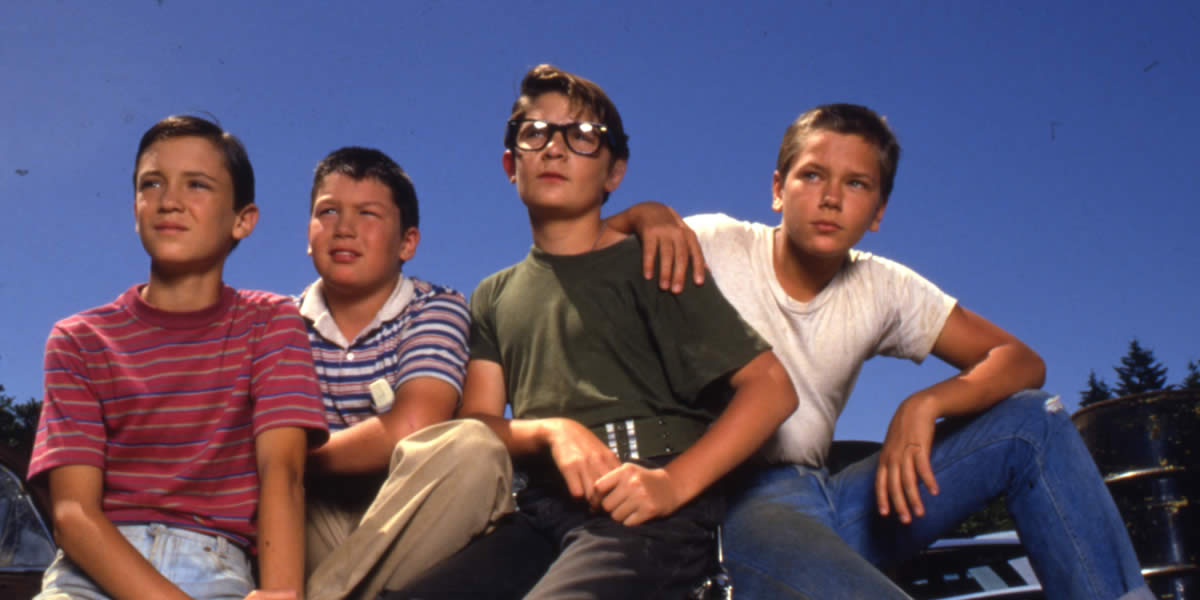Bruce Springsteen’s The River Tour was one of the most defining rock tours of 80s rock as it captured the heart of working-class America at the time.
80s rock music has introduced the world to some of the most iconic songs of all time. And no musician of the era captured the heart of working-class America quite like Bruce Springsteen. The tour was launched in order to support his newly released The River album. And, it marked an important milestone in Springsteen’s career. The album itself helped to reinforce his image as the Boss and solidified the band’s reputation as one of the greatest rock acts in history. The River Tour not only defined 80s rock, but it helped to reshape Springsteen’s legacy as a storyteller.
Bruce Springsteen and 80s Rock Music
The early 80s were all about economic and social change throughout the country. Characterized by Reaganomics, many families found themselves with an increase in disposable income. However, there was also a steady decline in industrial jobs during the same period. This created a dramatic inequality between the lower and middle classes. For most working-class Americans the shifts in the economy led to financial hardships. But, Bruce Springsteen’s music resonated with their experience and helped them to reflect on their everyday struggles. His music was seen as an outlet for collective hope.
The album itself was released in 1980, and it captured the complexities of the working-class society at the time. It included themes like familial bonds, personal hardships, and a yearning for freedom. In songs like Hungry Heart and The River people were able to relate to the anxieties and aspirations of people living through these times.

The River Tour And 80s Rock Music
There were several factors that helped to make The River Tour a success. These included the growth of Arena Rock, the rise of conceptual albums, and a relatable social consciousness in 80s rock music.
The Growth of Arena Rock
By the early 80s, one of the most dominant forces in live music was arena rock. Large-scale concerts quickly became cultural events that resonated with society at the time. And, Bruce Springsteen used this trend to its fullest. Throughout The River Tour, Bruce Springsteen played out some of the largest venues in North America. His legendary performances lasted for more than 3 hours at a time. They were a testament to the power of live music’s ability to bring people together.
His concerts were known for their intimacy and emotional intensity. Even in extremely massive stadiums, songs like Born to Run and Thunder Road create a sense of connection and belonging with one another. The show itself turned into a shared experience of both motion and storytelling.

The Rise of Conceptual Albums In 80s Rock
It’s important to remember that at the time, all new albums were released as LPs. Springsteen’s album was a double LP, meaning that when you purchased the album you would get to vinyl records. Throughout the album, Springsteen explored diverse themes of stories that ranged from the exuberance of youth to the complexities of adult life. It was a mixture of upbeat rock anthems and several somber ballads. More importantly, the album reflected Springsteen’s growth as a songwriter.
How on the open road, The River Tour carried these themes in the form of their live performances. The set list often followed a narrative arc, moving from more raucous and energetic songs to quieter introspective songs. The idea was known as a conceptualized driven tour. This is where songs from an album are woven together to tell a broader story. It was a growing trend during the 80s that was epitomized in Pink Floyd’s The Wall, which was both an album and a film.
Social Consciousness in 80s Rock Music
During the early 80s, many artists were focused on singing about glamour and escapism. Springsteen on the other hand, focused on real-world issues. The album was full of stories about regular people who had to deal with economic hardship, bad relationships, and personal sacrifice. His song simply resonated with working-class Americans. People saw themselves in his lyrics.
His ability to address the social and economic concerns without being political, helped Springsteen to become an enduring figure in 80s rock music. The song The River focused on lost dreams and economic struggles. Yet, the song still maintained a sense of hope and resilience throughout. This social consciousness set Springsteen apart from many other artists at the time. And, it ultimately contributed to his widespread appeal to audiences across the country.
Meet The E Street Band
While most of us know the name Bruce Springsteen, very few are familiar with his band. It’s important to remember that Bruce Springsteen would not have been The Boss if it weren’t for musicians like Clarence Clemons, Steve Van Zandt, and Max Weinberg. These 3 played an instrumental role in propelling Springsteen’s songs to the top. They created a sound that was deeply personal to working-class America, and it helped them to become one of the most reverent bands of 80s rock music.

The Impact of The River Tour on 80s Rock Music
The tour itself had a profound impact on the culture of live music. Springsteen’s concerts set a whole new standard for what could be delivered in a performance. His commitment to delivering epic and emotionally charged performances helped to inspire an entire generation of artists. As a result of his work on The River Tour other musicians began to look at his concerts as a blueprint for their own.
The legacy of The River Tour lasted for many decades. In fact, the band even celebrated the 35th anniversary of the album, through the launching of a reunion tour. Not only did they perform the album in its entirety to completely sold-out venues, but they showcased the timelessness of Springsteen’s music. This allowed Bruce Springsteen to connect with an entirely new generation of fans.
Conclusion
In the end, The River Tour was more than just another concert series. It was a cultural phenomenon that defined 80s rock music. His ability to blend personal storytelling with large social themes helped to elevate Springsteen as The Boss. He and his music represented working-class America and the hardships that they had to endure during the early 80s.





